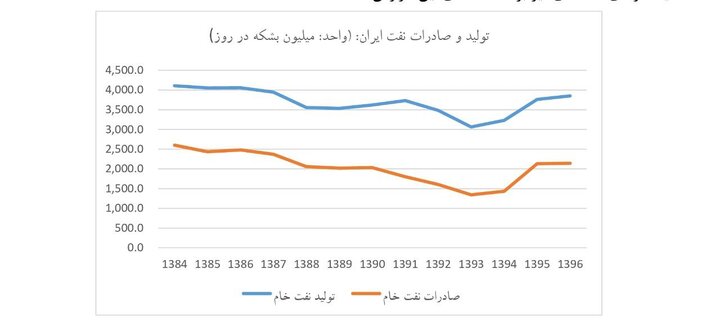As some Western media outlets claim that the snapback mechanism will significantly reduce Iran’s oil exports, it appears that such narratives are primarily aimed at increasing psychological pressure on Tehran.
On Friday, the UN Security Council convened to review the draft resolution on the “continuation of sanctions relief for Iran” before the 30-day deadline of the snapback process expired. Nine members of the Security Council voted against extending sanctions relief for Iran, while only four members voted in favor and two abstained.
Based on the snapback mechanism, this means that the resolution to continue sanctions relief did not pass, and the Security Council effectively approved the reinstatement of UN sanctions against Iran.
Security Council vote breakdown:
Against: United States, United Kingdom, France, Greece, Denmark, Slovenia, Panama, Sierra Leone, Somalia
In favor: China, Russia, Pakistan, Algeria
Abstentions: South Korea (Council president) and Guyana
The draft resolution to extend sanctions relief failed due to obstruction by the US and its Western allies. During the meeting, Russia’s envoy stressed that signatories to the Iran nuclear deal have no legal right to reinstate UN sanctions against Tehran. He added that the European trioka’s efforts to bring back sanctions lack legal legitimacy and reflect their rejection of diplomacy regarding Iran’s nuclear program.
Will snapback sanctions stop Iran’s oil sales?
Data on Iran’s oil production and exports show that from the beginning of the Iranian year 1389 (starting from 2010, March 21), when Resolution 1929 (the heaviest UN sanctions against Iran) was adopted, until early Iranian year 1391, Iran maintained stable production and exports of over two million barrels per day.
Since 1391, however, it has been unilateral US sanctions—not UN measures—that have impacted Iran’s oil sales. These sanctions were re-imposed in 1397 after the US withdrawal from the JCPOA, but their impact has since diminished significantly.

Psychological warfare or real impact?
Evidence indicates that, contrary to some Western reports suggesting that snapback would directly curtail Iran’s oil exports, the move is mostly symbolic and psychological. The mechanism cannot impose restrictions beyond those already enforced by US Treasury sanctions.
This was echoed by Iran’s Oil Minister, Mohsen Paknejad, who said two weeks ago that these sanctions are not expected to go beyond what the unilateral restrictions of the US Treasury have already imposed.
He further noted, “At present, we have no issues with oil sales. In the first four months of this year, compared to last year, we sold 21,000 barrels per day more, amounting to around 630,000 barrels per month.”
Therefore, it is clear that Western countries, through their unlawful activation of the snapback mechanism, cannot impose additional limitations on Iran’s oil exports. Instead, they aim to intensify psychological pressure through media narratives. According to political analysts, such propaganda is less about impacting Iran’s oil sales and more about creating fake achievements for the West.
